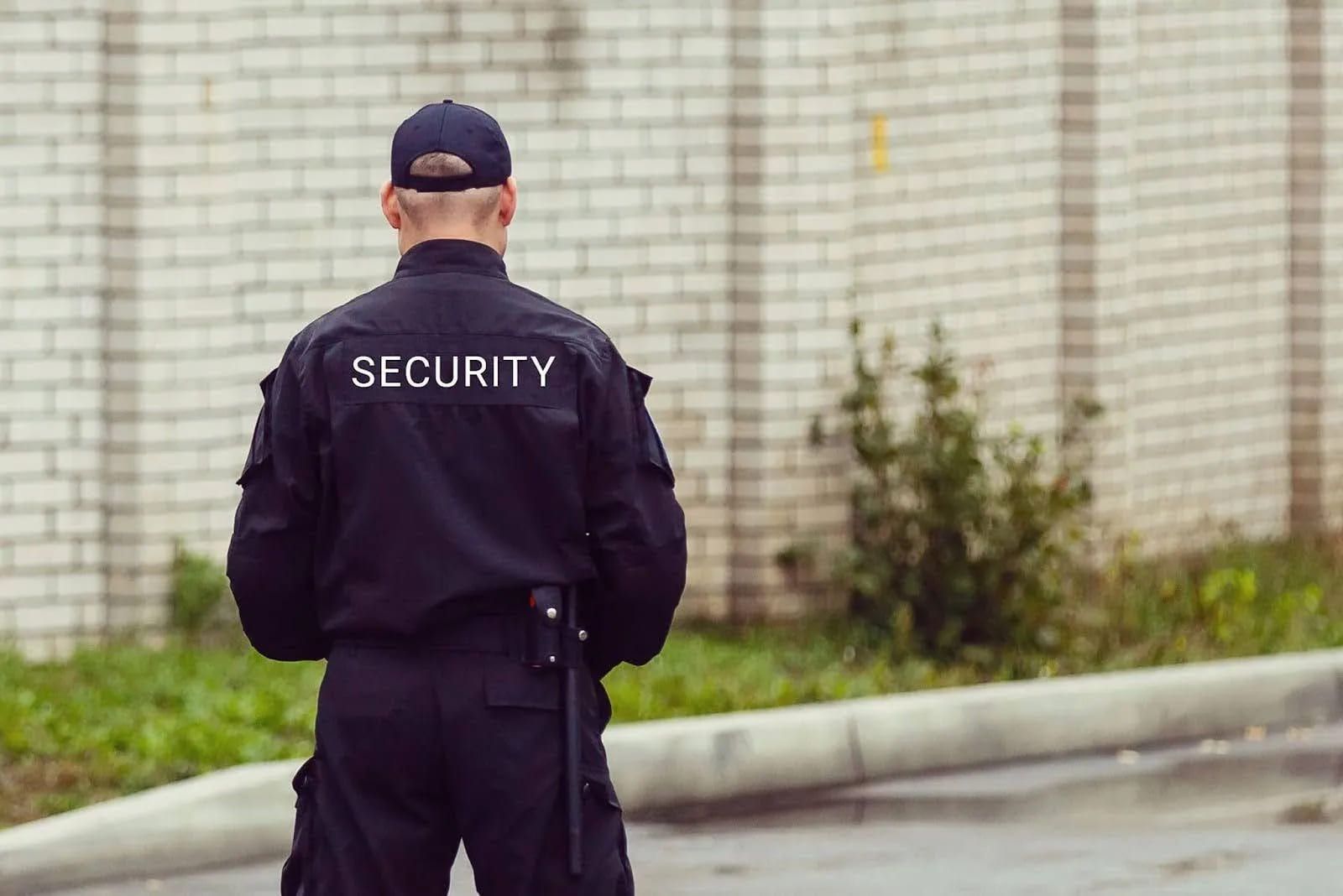Enhanced Security Through Engagement
The idea of enhancing security through community engagement offers a multifaceted approach toward creating safer neighborhoods. This strategy not only promotes vigilance and responsibility among residents but also establishes a collaborative network that includes local law enforcement and neighborhood associations. By focusing on organizing safety workshops, fostering collaborations, and building strong partnerships, communities can develop a proactive stance against crime, significantly reducing rates and improving the general safety of the area.
The Role of Safety Workshops in Community Engagement
Safety workshops serve as a foundational element in educating community members about the importance of security. These workshops provide practical tips on personal and property safety, discuss the significance of being aware of one’s surroundings, and teach techniques for reporting suspicious activities effectively. By empowering residents with knowledge and strategies to protect themselves and their neighbors, these workshops enhance the community’s overall resilience to crime.
Collaboration with Local Law Enforcement
Building a cooperative relationship between communities and local law enforcement is crucial for the success of any community-led security initiative. Regular meetings and joint safety patrols can foster a sense of teamwork and ensure that both parties are informed about the specific safety needs of the community. Moreover, law enforcement agencies can provide valuable support for community safety workshops by sharing expert knowledge and resources, thereby strengthening the community's trust and confidence in their protective services.
Creating Partnerships with Neighborhood Associations
Neighborhood associations play a pivotal role in uniting residents and giving them a collective voice. Strong partnerships between these associations and community members can lead to more effective communication, facilitating the rapid dissemination of information regarding safety concerns or crime alerts. Additionally, these associations can champion the implementation of neighborhood watch programs, which significantly contribute to crime prevention and enhance the sense of security among residents.
Implementing Technology in Security Measures
The integration of technology can significantly enhance community security efforts. For example, installing surveillance cameras in public areas can deter criminal activities and provide crucial evidence in the event of a crime. Furthermore, mobile apps that alert community members about local crime activity can enable residents to avoid dangerous situations and report incidents quickly to authorities. The strategic use of technology not only amplifies the effectiveness of traditional security measures but also adds a modern layer of protection that can adapt to the evolving dynamics of community safety.
Engaging Youth in Safety Initiatives
Engaging young people in community safety efforts is essential for long-term security. Youth programs that focus on mentorship and education about the legal consequences of crime can deter involvement in criminal activities. Additionally, involving youth in community service projects like neighborhood clean-ups can instill a sense of pride and responsibility towards their community, which is crucial in building a cohesive environment resistant to crime.
Foster Inclusivity in Security Initiatives
Inclusivity is key to successful community engagement in safety initiatives. Ensuring that all segments of the community, regardless of background, have a voice in safety discussions makes for more comprehensive and effective strategies. It is important to consider language barriers, cultural differences, and accessibility issues to engage all community members actively. Inclusive practices not only build stronger community bonds but also ensure that safety measures address the needs of all residents.
Continuous Education and Training
To maintain and enhance community security, ongoing education and training are imperative. Regular updates and refreshers on safety protocols keep the community well-informed and prepared to face new security challenges. Additionally, advanced training sessions for neighborhood watch volunteers can improve their effectiveness in monitoring and reporting activities, ensuring that they can act swiftly and appropriately in various situations.
Evaluation and Feedback Mechanisms
To assess the effectiveness of community engagement strategies in enhancing security, implementing robust evaluation and feedback mechanisms is vital. These can include surveys to gauge residents' sense of safety and reviews of crime statistics to measure changes over time. Feedback collected from community members can also guide future initiatives, ensuring that the strategies remain relevant and continue to meet the needs of the community.
Communities that actively engage in their safety not only enjoy reduced crime rates but also foster a greater sense of unity and responsibility among their residents. Through practical safety workshops, collaborative efforts with law enforcement, and strong neighborhood partnerships, communities can empower themselves against crime. By further incorporating technology and inclusive practices, they ensure that these benefits persist, adapting to new challenges and continuing to protect and enhance the lives of all community members.
Ready to enhance safety and security in your community? Learn how our comprehensive security solutions and community engagement strategies can make a difference. Let's collaborate to empower your neighborhood. Connect with us today and take the first step towards a more secure community.











